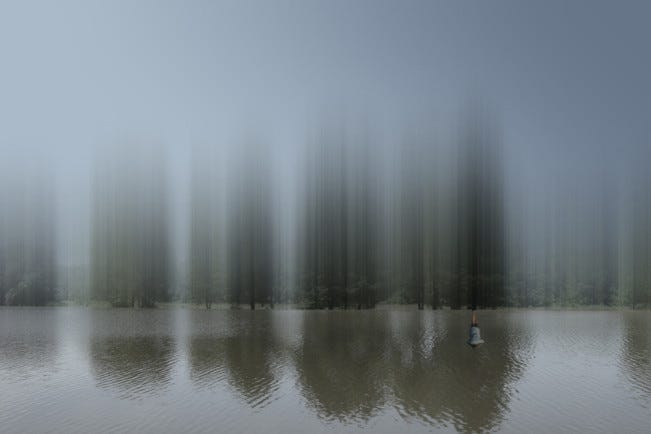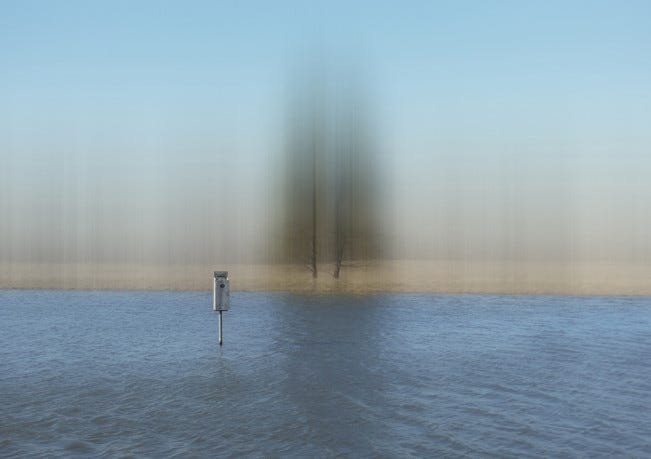Leadership in Chaos: 3rd edition.
Emergent discovery, positive dissent and output vs input.
“Listen to others, you will be wise. The beginning of wisdom is silence”.
Pythagoras

Ellen Jantzen
Change: emergent discovery.
A thought for leaders: A world of permanent VUCA, has different demands on an innovation culture. Emergent Discovery is a fresh approach, that builds a successful innovation culture. It requires that you, as a leader, make it acceptable to broach the unreasonable. That you leverage your critics’ insights, to improve ideas. And that you make it about ideas, not personal ownership (so it’s not personal if it fails).

Ellen Jantzen
Leadership: positive dissent.
A thought for leaders: Leaders need to persistently praise people who speak up. The penalties are often more obvious than the rewards, so keeping your head down means safety. As Warren Buffett said: “As a group, lemmings may have a rotten image, but no individual lemming has ever received bad press”. How can you support a braver culture of positive dissent and encourage doubters to speak up?

Ellen Jantzen
Culture: output vs input.
Remote work battles roll on. But as the tide rises on flexible work, it’s becoming clear that bad leaders will eventually lose the remote-work war. Some issues are generational (older management are less in favour of remote). Others are related to control and the need to look over shoulders every minute. Despite robust research supporting remote work, bad leaders care more about the theatre of productivity, and remain “input management” focussed. Good leaders conversely, care about real productivity, motivation and “output management”. With widespread tech layoffs, some companies have increased input management styles and no more mr nice boss policies. This feels short term and short sighted.
A thought for leaders: Remember, nobody wants to be managed, we want to be inspired. Management styles are already shifting, with many rethinking hierarchy, with flatter, more decentralized structures. Are you building a culture for the future, and supporting talent to deliver the right output? Or are you falling into the trap of short termism, and focussing on input management?
And finally, here’s another leadership principle.
Leadership Principle: Choose Consciously and Wisely.
Dig a little deeper into this principle here.
You can follow Flow Group on Linkedin here.
P.S. Our featured artist this month is Ellen Jantzen, an artist who approaches photography as an art form. Jantzen is interested in states of reality, attempting to make visual the ephemeral nature of sacred, spiritual realms by transplanting replica trees into the natural world. One is artificial, the other a spirit form; both represent the transcendence of nature.

